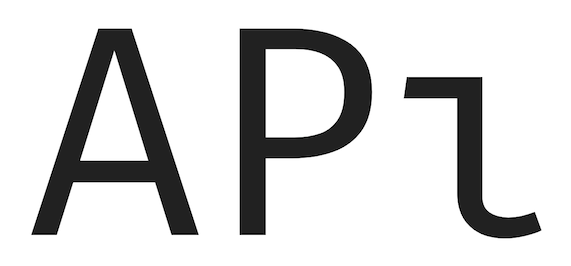APIota is a lightweight Swift library for defining API clients for use in iOS, macOS, tvOS, watchOS or Linux. It is written using a protocol-oriented approach, and allows your Codable model objects to be decoded from JSON REST API endpoints really easily!
- Supported platforms
- Features
- Installation
- Usage
- Reporting bugs and requesting features
- Feature roadmap
- License
- iOS
- macOS
- tvOS
- watchOS * (see note below)
- Linux
NOTE:
- watchOS support is available as a user of the APIota library. However, building directly from source fails currently due to
XCTestnot being available on watchOS.
- Swift 5.2 or higher
- Xcode 11.4 or higher
- JSON request and response body encoding and decoding support when using
Codablemodel objects.- Encoding and decoding strategies can be customized by supplying configured
JSONEncoderorJSONDecoderinstances.
- Encoding and decoding strategies can be customized by supplying configured
- Combine support (when building against iOS 13.0+, macOS 10.15+, tvOS 13.0+ or watchOS 6.0+).
- URL-encoded form data request support.
Simply add the following to the dependencies array in your Package.swift file:
dependencies: [
…
.package(url: "https://github.com/danielrbrowne/APIota", from: "0.2.0"),
…
]At its core, defining API clients using APIota is very straightforward. There are two protocols, APIotaClient and APIotaCodableEndpoint which form the foundations of the library.
The first step is to define an object specifying the base URL (i.e. the host in terms of an instance of URLComponents) for the REST API with which you are going to communicate with. An example is shown below:
struct JSONPlaceholderAPIClient: APIotaClient {
let session = URLSession.shared
let decoder = JSONDecoder()
var baseUrlComponents: URLComponents = {
var components = URLComponents()
components.host = "jsonplaceholder.typicode.com"
components.scheme = "https"
return components
}()
}The next step is to define the endpoint that the requests should be sent to. An example of a simple GET request is shown below, however more complex requests can also be defined easily:
struct JSONPlaceholderGetTodosEndpoint: APIotaCodableEndpoint {
typealias SuccessResponse = [Todo]
typealias ErrorResponse = MyDecodableError
typealias Body = MyEncodableBody
let headers: HTTPHeaders? = nil
let httpBody: Body? = nil
let httpMethod: HTTPMethod = .GET
let path = "/todos"
let queryItems: [URLQueryItem]? = nil
}Requests can then be sent to REST API via an instance of the Client as follows:
…
private static let apiClient = TestAPIClient()
private(set) lazy var cancellable: AnyCancellable? = nil
private var todosList: [Todo] = []
…
// Example 1: API response returned via a callback closure
let endpoint = JSONPlaceholderGetTodosEndpoint()
Self.apiClient.sendRequest(for: endpoint) { result in
// Handle the returned `Result<T.Response, Error>`
switch result {
case .success(let todosList):
self.todosList = todosList
case .failure(let error):
// Handle the error returned from the API Client
}
}
// Example 2: API response returned via a Combine publisher
let endpoint = JSONPlaceholderGetTodosEndpoint()
cancellable = Self.apiClient.sendRequest(for: endpoint)
.catch({ error in
// Handle the error returned from the API Client
})
.assign(to: \.todosList, on: self)
}Full documentation of APIota can be found in the API docs.
A practical example of APIota in action can be found in the Example Project.
Please ensure you use the relevant issue template when reporting a bug or requesting a new feature. Also please check first to see if there is an open issue that already covers your bug report or new feature request.
In no particular order, and as a draft proposal:
- Automatic
Content-Typeheader inference for requests. - Customizable request parameter encoding strategies.
- Configurable response caching for requests.
- Multipart form data support.
- Configurable request retrying.
- Request authentication challenge handling.
- Comprehensive test coverage.
- Cocoapods support.
APIota is completely open source and released under the MIT license. See LICENSE.md for details if you want to use it in your own project(s).





